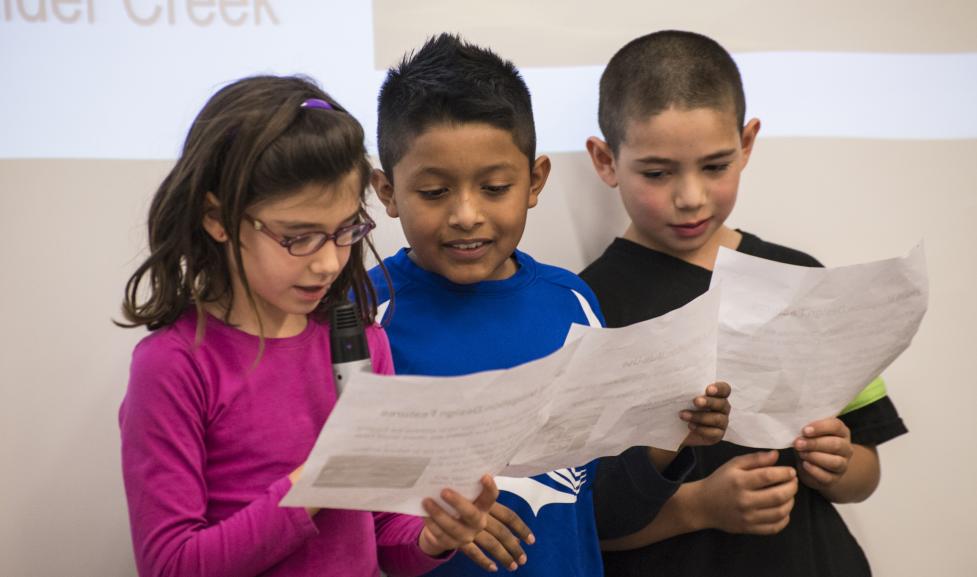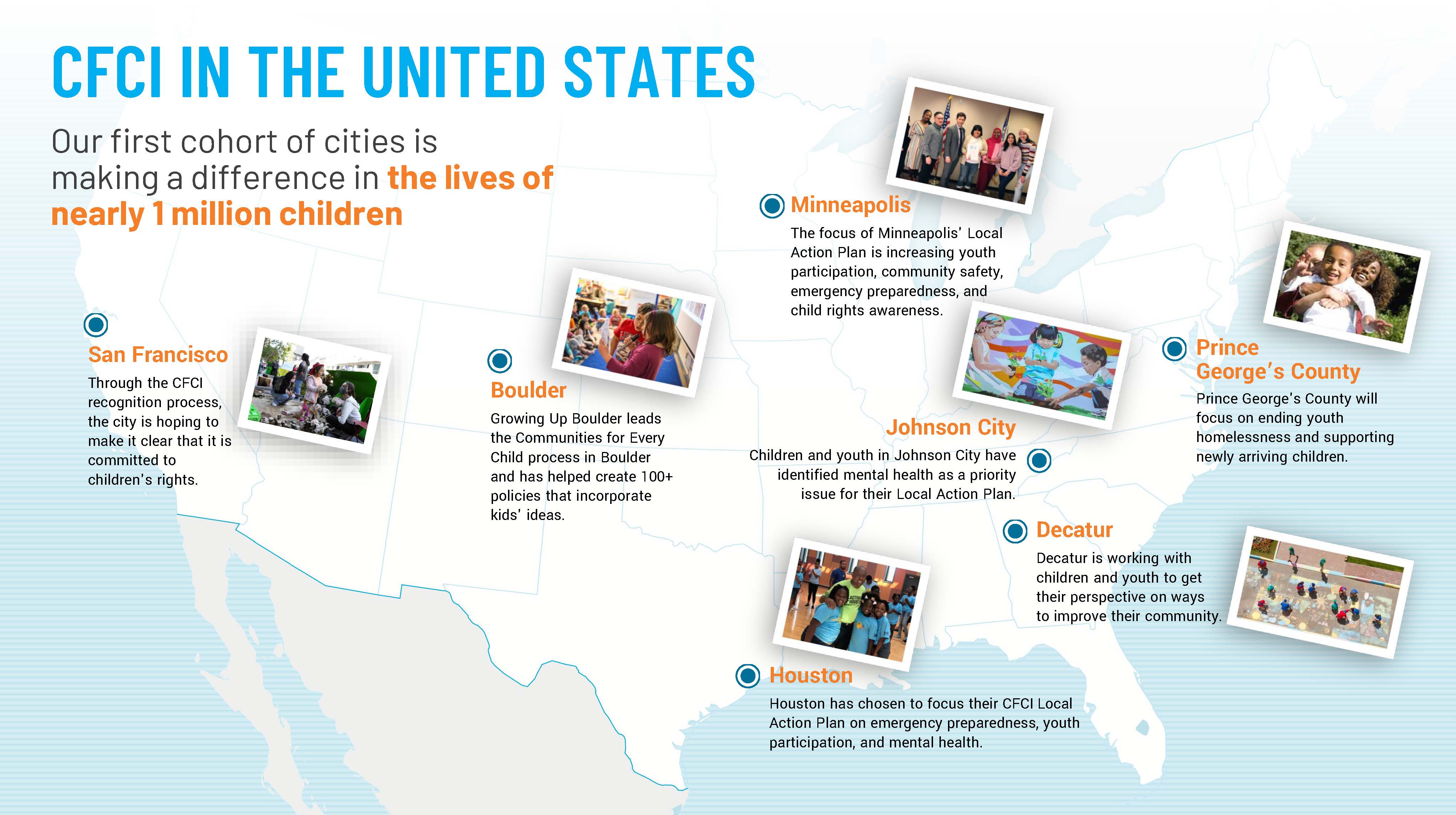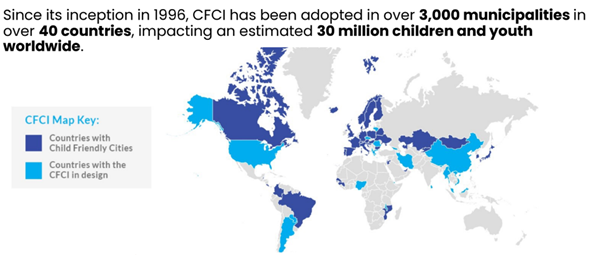Community Partnership Roundtable (Fall 2023 – Spring 2024)- City of Boulder staff, Growing Up Boulder staff, and local nonprofit partners gathered to learn about CFCI and to narrow down which indicators or “questions” to ask children, youth, caregivers and service providers to learn about young people’s well-being in Boulder. Adult feedback built upon youth feedback already garnered from the City of Boulder’s Youth Opportunities Advisory Board and El Centro Amistad’s Raices Vivas teens.
Situational Analysis (Government Data + Community Conversations)
A “situational analysis” analyzes the “situation” of young people in a community. It is composed of quantitative data from government and other sources and qualitative data from the local community. The data will be reviewed by the community to determine the priorities for improvement in young people’s lives.
Government Assessment Data (Summer 2023 - Winter 2024) - City staff, Growing Up Boulder staff, and community partners gathered quantitative data from sources such as the census, the Healthy Kids Colorado Survey and Boulder Valley School District data.
Community Conversations Trainings (Nov. 2023-Feb. 2024) – Growing Up Boulder staff, with support from consultants Mayamotion Healing and Uka Consulting, taught educators and youth workers from schools and community-based organizations about the Child Friendly City Initiative. Trainers then discussed how to facilitate “community conversations” within their communities using culturally responsive and flexible approaches, ranging from visual surveys to storytelling. The goal of “community conversations” was to hear from children, teens, caregivers, and service providers about their key priorities for improving young people’s lives in Boulder.
Teen Town Hall (Dec. 2023) – Organized by City of Boulder’s Youth Opportunities Advisory Board, teens gathered to discuss top priorities and concerns for teens in Boulder.
Youth Well-Being Assessment (Dec. 2023 – Jan. 2024) – A questionnaire on Be Heard Boulder, available bilingually for children and adults, gathered general community feedback about ranked priorities for youth and children in Boulder; 207 people participated in the survey.
Community Partner Engagements (Nov. 2023 – Feb. 2024) - Growing Up Boulder, Youth Opportunities Advisory Board (YOAB) teens, and nonprofit partners facilitated Community Conversations using art, voting, open dialogue and classroom lessons. A total of 683 participants participated in these engagements, including children, youth, caregivers and service providers.




